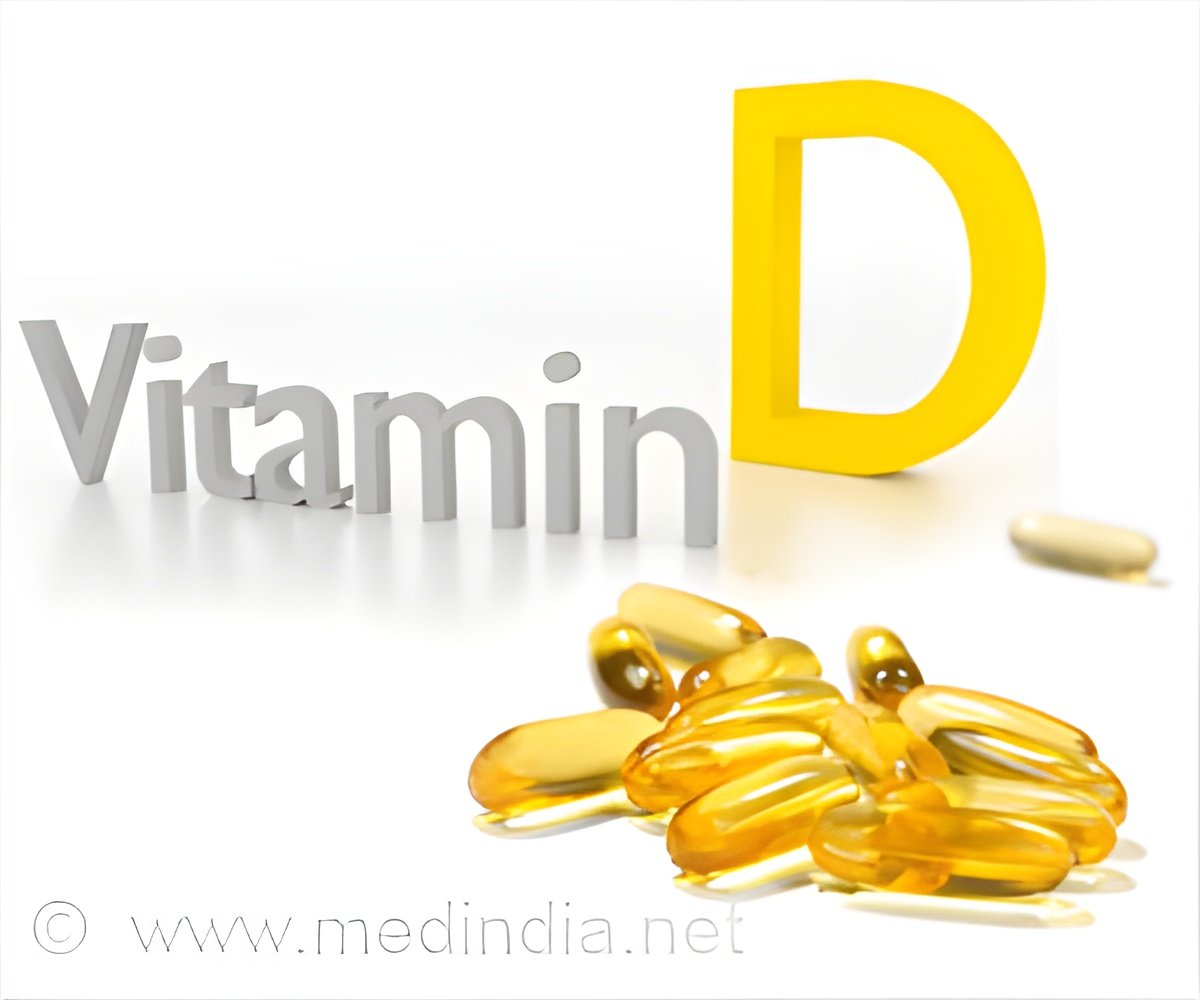Study shows that children who follow a vegan diet were found to have lower Vitamin D levels compared to children following a normal diet.

Vegan diets are gaining popularity worldwide, and many adults, and their children by proxy, are following such diets.
The researchers recommended always supplementing a fully vegan diet with vitamin B12, vitamin D, and iodine. Calcium, vitamin B2, iron, and zinc supplements may also be needed according to individual assessment.
For the study, the nutrition and metabolism of 40 healthy children following a vegan, vegetarian, or omnivore diet were studied in detail. Their nutritional intake, metabolic biomarkers, and micronutrient statuses were extensively studied.
Findings showed that along with Vitamin D, for children following a vegan diet, levels of vitamin A, LDL, and HDL cholesterol, essential amino acid, and docosahexaenoic acid (plays a vital role in visual function development) were also low, while folate levels were remarkably high.
All the vegan children, except one, that participated in the study used vitamin B12, vitamin D, and iodine supplements regularly. However, current nutritional recommendations are based on research conducted on adult vegans, and previous studies on metabolic effects of vegan diets in children are nonexistent.
"Our results indicate that the health effects of strict diets on children cannot be extrapolated from studies on adults. In addition to vitamin D intake, attention must be paid to adequate intake of vitamin A and protein from various sources." said researcher Topi Hovinen.
The researchers claim that the new findings will motivate others to study the health consequences of a vegan diet in young children.
Liisa Korkalo adds "The vegan families were active to participate in our study. This is important, because without such voluntary contribution of the families it is not possible to undertake this kind of studies."
Source-Medindia








